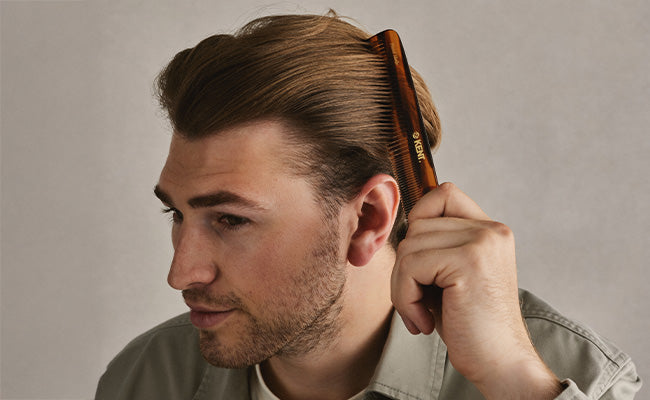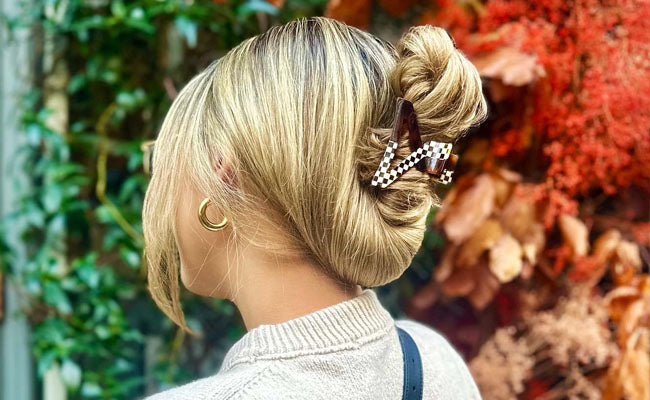The Royal Warrant
The idea behind the Royal Warrant is almost as old as time itself and certainly as old as the Monarchy. The King and his court always had to be provided for. From the very beginning someone had to make the robes, the crowns, the orbs and the scepters; someone had to provide the wine and the food, the cutlery and the dining-tables themselves; someone had to fix the Royal roof and clear the Royal drains. The King, being King, did not have to pinch pennies. He could afford whatever he wanted. In order to make sure that he had only the very best, he cornered the market wherever possible, ensuring that he always had first call on the services of the most proficient in the land, from brush maker to butcher. The said brush maker or butcher was proud to serve his King and saw that being known to do so could confer certain trading benefits denied to his less favored competitors. It is no secret, though one does not broadcast it too loudly, that to be known to supply the Royal Household with marmalade or mutton, bagpipes and brushes, suggests to the world at large that your marmalade, mutton, bagpipes and brushes are quite simply the best available. Being granted a Royal Warrant gives us the right to display the Royal coat of arms - discreetly - on our products, packaging, writing-paper and our company vehicles. Kent Brushes has been making "Best British Brushes" during nine reigns.
William Kent
1777 - 1807
William Kent (junior)
1807 - 1836
(Eldest son of William Kent)
John James Kent & Co.
1836 - 1854
(A younger son of William Kent)
G.B Kent & Co.
1854 - 1880
(Son of John James Kent)
G. B. Kent & Sons
1880 - 1900
(G. B. Kent and his three sons Harold, Arthur and Ernest Kent)
G. B. Kent & Sons LTD.
1900 - (Public company)
George III
1760 - 1820
George IV
1820 - 1830
William IV
1830 - 1837
Victoria
1837 - 1901
Edward VII
1901 - 1910
George V
1910 - 1936
Edward VIII
1936
George VI
1936 - 1952
Elizabeth II



